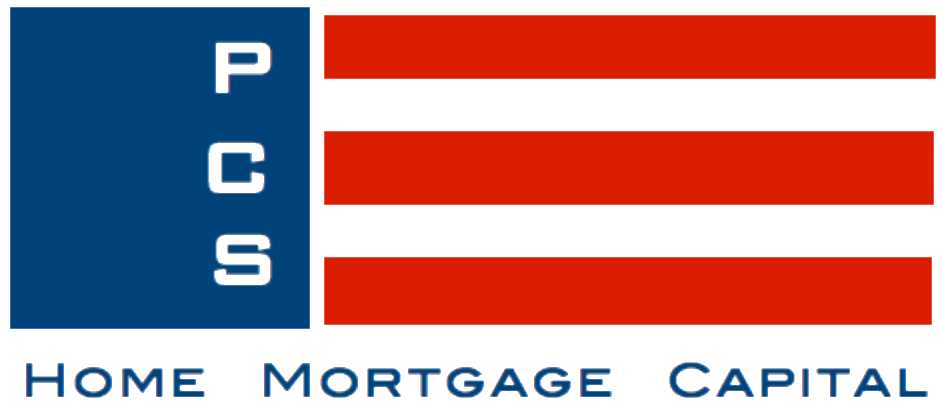Fluctuations in mortgage rates can significantly impact the housing market. Recently, there has been a…
What Does “In Escrow” Mean?
The term “in escrow” is one that is often heard during real estate transactions. When you buy a home or property, once your offer is accepted but before the transaction is actually completed, you are “in escrow.”
This is a kind of transition period. An agreement is in place and as long as certain conditions are met (usually a combination of a financial payment and various satisfactory inspections), the transaction will be completed.
While it is most often associated with real estate transactions, “in escrow” can actually apply to any similar exchange of goods or services.
Understanding The Contract
The important thing to have before going “in escrow” is an actual contract. This outlines the conditions that must be met and the details of the payment. For a real estate transaction, this often includes:
- Mandatory inspections or appraisals. If they are not to the buyer’s satisfaction or find issues with the home, they contract can be voided. The buyer and seller may also go back to negotiating price or provided repairs.
- Sales price. This should include the amount of the down payment, the financing plan, and the amount commission to the real estate agents involved.
- Contingency conditions that allow the buyer to cancel the sale, such as inspections or financing.
- The amount of money to be held “in escrow” and whether it will be refundable to the buyer if they back out of the sale.
A typical amount of money to hold “in escrow” is between $500 and $2000. This will vary from place to place. Very expensive homes may also need a higher amount held “in escrow.” This amount does go toward the overall purchase price of the home as long as the purchase is completed. If the buyer backs out, it may be non-refundable and go to the seller instead.





